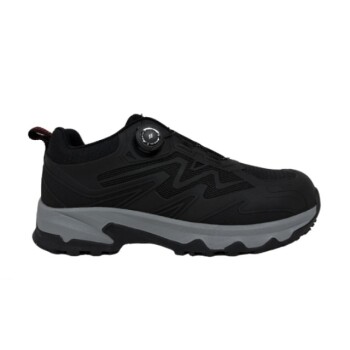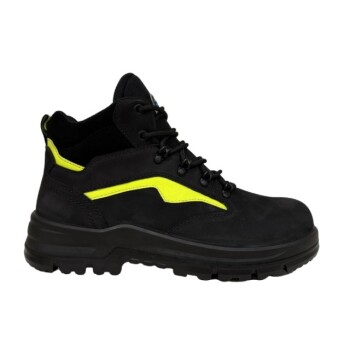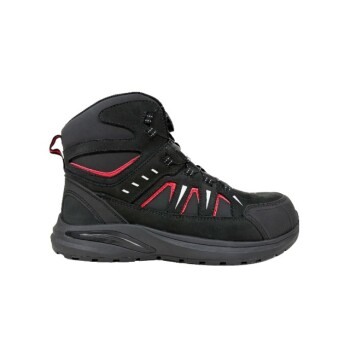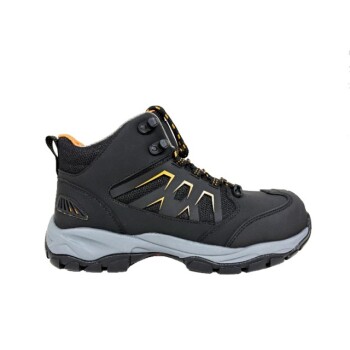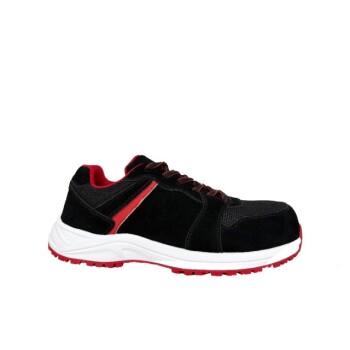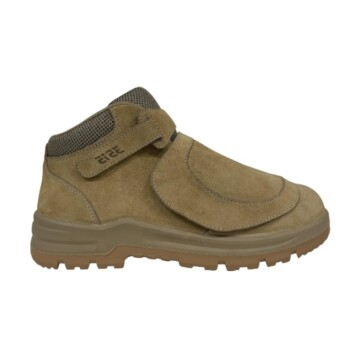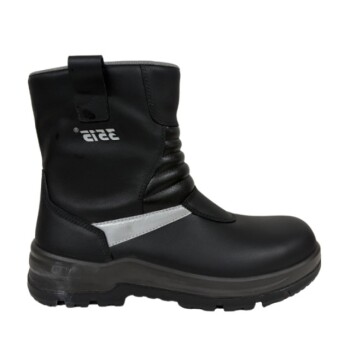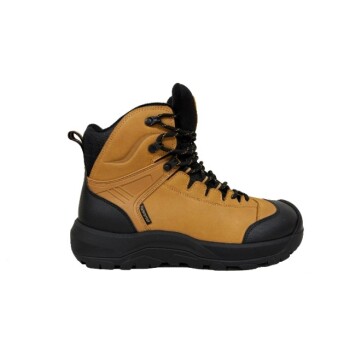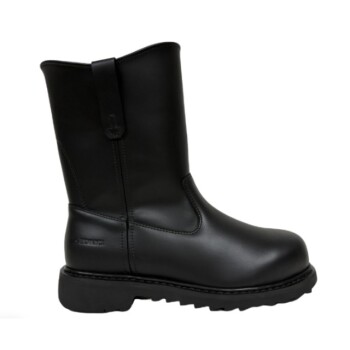Wearing ill-fitting or unsupportive shoes is a direct and primary contributor to a wide range of painful and debilitating foot problems. These issues are not random but are the predictable result of forcing your feet into unnatural positions. The most common conditions include structural deformities like bunions and hammertoes, painful inflammation like plantar fasciitis, and nerve compression issues.
Your shoes are not just a covering; they are the primary support structure that dictates the alignment and pressure distribution across your feet. Subpar footwear forces your foot's complex mechanics into unnatural positions, leading to a cascade of preventable structural and inflammatory problems over time.
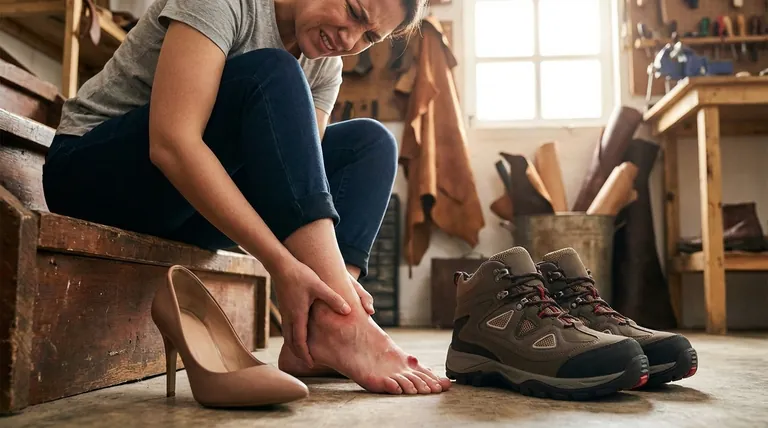
How Subpar Shoes Deconstruct Your Foot's Health
To understand the damage, it's best to separate the problems into two categories: those caused by constriction (shoes that are too tight) and those caused by a lack of support (shoes that are too flimsy).
The Problem of Constriction: A Narrow Toe Box
When shoes, particularly in the toe box, are too narrow or pointed, they squeeze the 26 bones, 33 joints, and over 100 muscles and ligaments in each foot into a compromised position.
Bunions (Hallux Valgus) A bunion is a bony bump that forms on the joint at the base of your big toe. A narrow shoe consistently pushes the big toe inward, forcing the joint to protrude outward.
Hammertoes This is a deformity where your toe has an abnormal bend in the middle joint. A short or narrow toe box forces the toes to buckle, and over time, the muscles and tendons can shorten, making the deformity permanent.
Corns Corns are small, concentrated areas of hard skin that develop as a direct response to excessive friction or pressure on a specific point, typically over a joint where the shoe rubs.
Pinched Nerves (Neuromas) Squeezing the bones in the forefoot can compress the nerves running between them. This can lead to a Morton's neuroma, a painful condition that causes sharp, burning pain and numbness in the ball of the foot.
The Problem of Inadequate Support: A Flimsy Foundation
Shoes that lack proper arch support and cushioning fail to protect your foot from the immense repetitive stress of walking and standing.
Fallen Arches (Pes Planus) Your arch acts as a natural shock absorber. Without adequate support from your footwear, the tendons and ligaments that hold up the arch can weaken and stretch, causing the arch to gradually collapse.
Plantar Fasciitis This is the most common cause of heel pain. A lack of arch support can cause the plantar fascia—the thick band of tissue connecting your heel to your toes—to become overstretched and inflamed, resulting in stabbing pain.
Understanding the Trade-offs and Common Pitfalls
Choosing the right shoe involves navigating common misconceptions and balancing aesthetic desires with biomechanical needs. Being aware of these trade-offs is critical for long-term health.
The Illusion of "Breaking In"
While a quality leather shoe may need to soften slightly, a shoe should feel generally comfortable from the start. Significant pain, pinching, or rubbing is a clear sign that the shoe is the wrong shape or size for your foot.
The High Heel Dilemma
High heels fundamentally alter your posture by forcing an excessive amount of your body weight onto the balls of your feet. This, combined with the often-pointed toe box, is a primary driver of bunions, hammertoes, and neuromas.
The Minimalist Shoe Misconception
While some individuals benefit from minimalist shoes, they are not a universal solution. These shoes offer little to no support, which can be detrimental for people with existing arch issues or those who stand on hard, unforgiving surfaces all day.
Making the Right Choice for Your Foot Health
Your ideal shoe depends entirely on your foot structure, activity level, and specific goals. Use these principles as a guide for your next purchase.
- If your primary focus is preventing deformities (bunions, hammertoes): Prioritize shoes with a wide, anatomical toe box that allows your toes to splay naturally.
- If your primary focus is avoiding heel and arch pain: Select footwear with pronounced arch support and sufficient cushioning to absorb impact effectively.
- If your primary focus is all-day comfort while standing: Look for a shoe with a stable, supportive sole, a secure fit around the midfoot, and minimal elevation in the heel.
Investing in proper footwear is a foundational investment in your mobility and long-term quality of life.
Summary Table:
| Problem Category | Specific Condition | Primary Cause from Footwear |
|---|---|---|
| Constriction (Tight Shoes) | Bunions (Hallux Valgus) | Narrow toe box pushing big toe inward. |
| Hammertoes | Short/narrow toe box forcing toes to buckle. | |
| Corns & Calluses | Excessive friction and pressure on specific points. | |
| Morton's Neuroma | Nerve compression from squeezed forefoot bones. | |
| Lack of Support (Flimsy Shoes) | Fallen Arches (Pes Planus) | Inadequate arch support weakening tendons. |
| Plantar Fasciitis | Overstretching of plantar fascia due to poor support. |
Don't let subpar footwear compromise your mobility. As a large-scale manufacturer, 3515 produces a comprehensive range of supportive and comfortable footwear for distributors, brand owners, and bulk clients. Our production capabilities encompass all types of shoes and boots designed with proper arch support, anatomical toe boxes, and durable construction to prevent common foot problems.
Contact us today to discuss your footwear needs and discover how we can help you provide healthier options for your customers.
Visual Guide
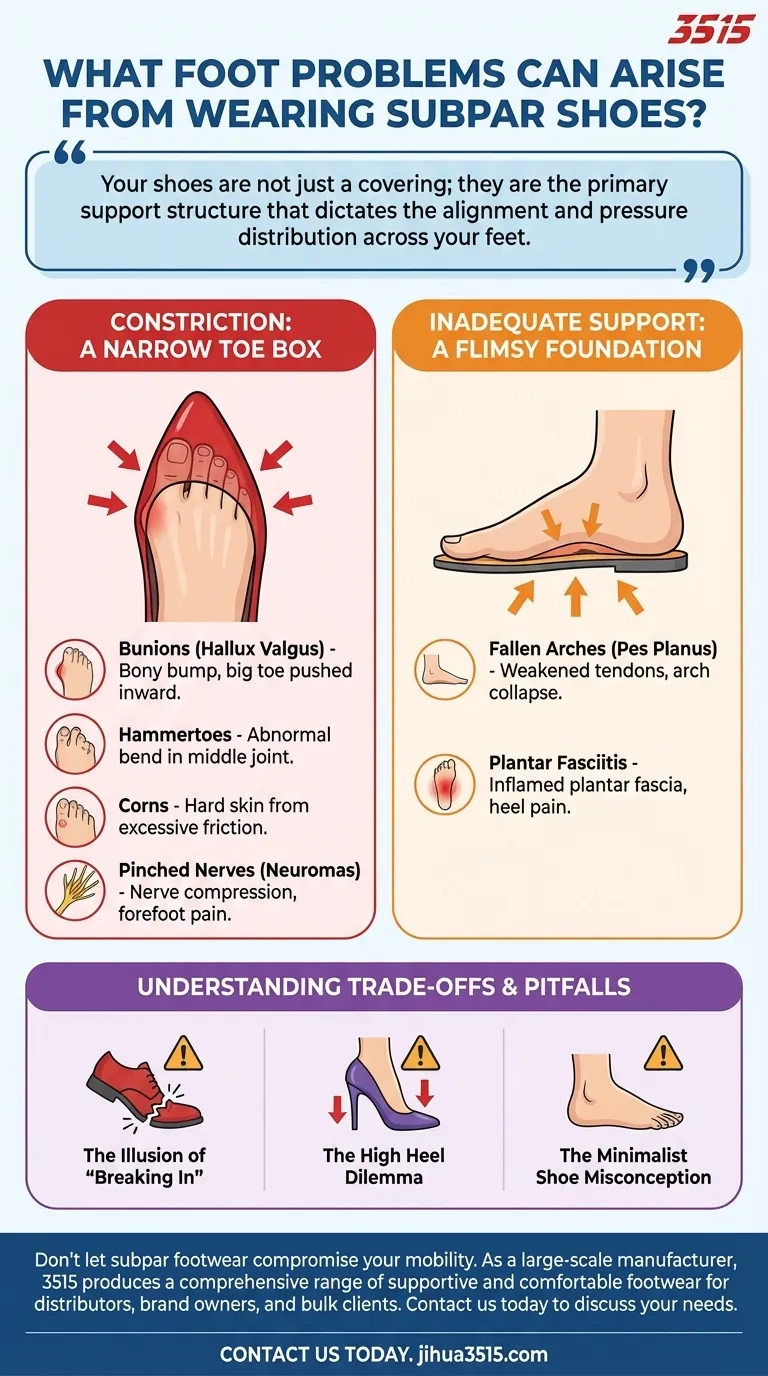
Related Products
- Safety Footwear Wholesale Manufacturer for Custom OEM/ODM Production
- Premium Flame-Retardant Waterproof Safety Boots and Shoes
- Advanced KPU Athletic Safety Shoe with Steel Toe Cap Anti-Slip Rotary Lacing System
- Wholesale Premium Waterproof Nubuck Safety Shoes Boots
- Puncture-Resistant Velcro Safety Boots for Wholesale & Custom Manufacturing
People Also Ask
- What materials are used for safety toes? Choose Steel, Composite, or Aluminum for Your Work Boots
- Can heavy duty work boots be worn daily outside of work? Discover Durable, All-Day Comfort
- What cultural and environmental considerations are tied to wearing shoes indoors? Balance Hygiene, Tradition, and Foot Health
- How do safety shoes contribute to cost savings for companies? A Strategic Investment in Risk and Cost Management
- Are employers required to provide steel-toe rubber boots at no cost to employees? Yes, under OSHA rules.


